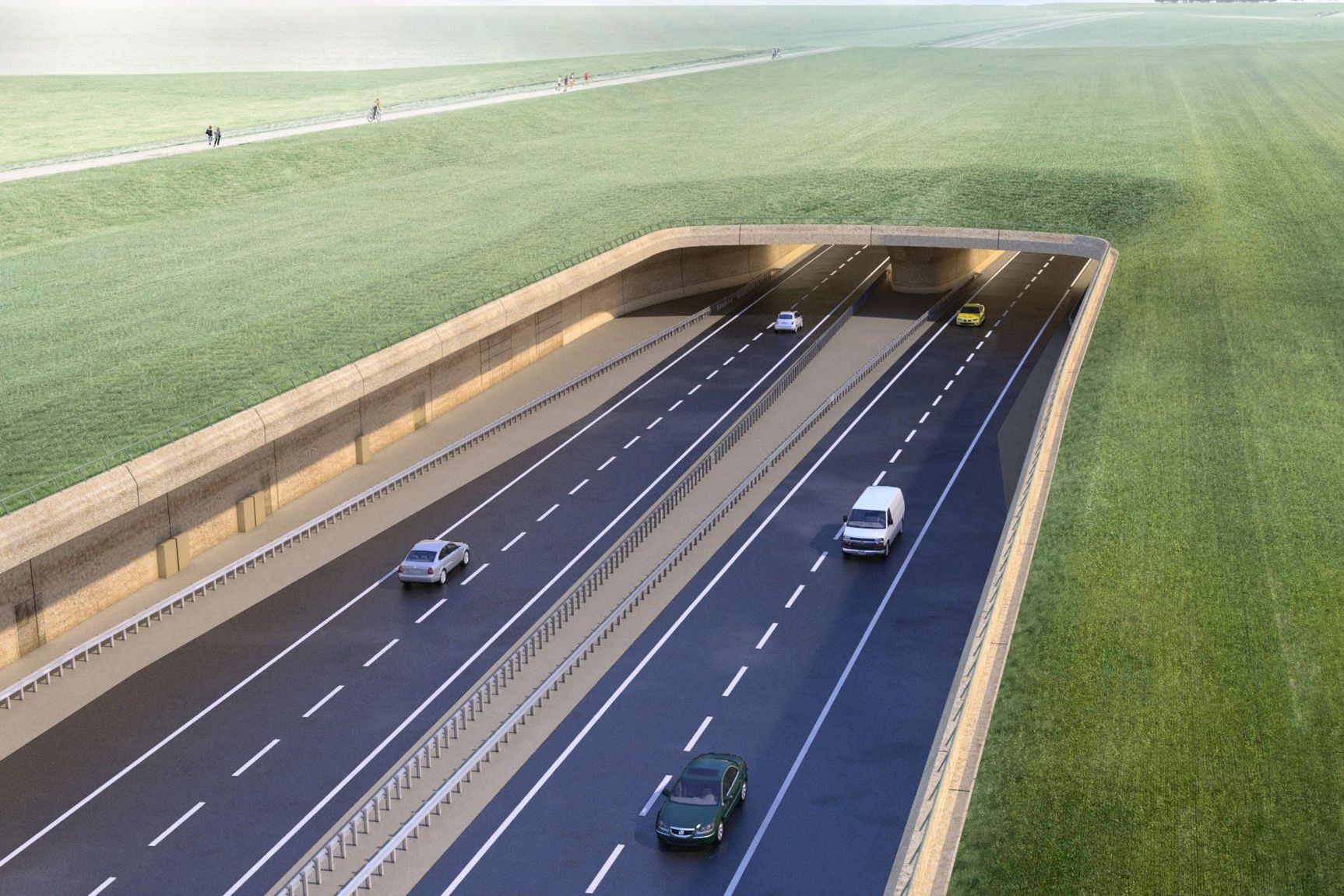England: Stonehenge tunnel scheme scrapped by UK Government

A plan to build a two-mile tunnel near Stonehenge is among the projects that have fallen victim to the UK Government’s public spending cuts.
Yesterday, Chancellor Rachel Reeves told the House of Commons that the new government had inherited an undisclosed £22 billion hole in public spending. As part of cost-saving measures, road schemes were being reviewed.
The A303 (Stonehenge tunnel) and the A27 (Arundel bypass) projects were specifically mentioned, with Treasury documents later confirming that both would be cancelled altogether and not delayed or amended.
The chancellor said: “We have seen from the National Audit Office the chaos that the previous government presided over. Projects over budget and delayed again and again. The spending audit has revealed nearly £800m of unfunded transport projects that have been committed next year.
“So my right honourable friend the transport secretary will undertake a thorough review of all these commitments. As part of that work, she has agreed not to move forwards with projects that the previous government refused to publicly cancel, despite knowing full well they were unaffordable. That includes proposed work on the A303 and the A27.”
The £1.7bn Stonehenge tunnel scheme proposed to build a new 12.8km dual carriageway to replace the existing A303 in the Amesbury to Berwick Down section. The plans included a new 3.3km tunnel that would go beneath the Stonehenge Unesco World Heritage Site (WHS) in Wiltshire.
The tunnel would have cost the government £785 million next year alone, according to a recent Treasury audit.
Wiltshire Council said it was “extremely dismayed and disappointed” by the announcement.
Councillor Richard Clewer, leader of Wiltshire Council, said: “These improvements are needed now to ease traffic congestion on the A303 and reduce traffic in our communities, and also ensure economic growth in Wiltshire, unlocking jobs and investment in the wider south-west region.”











